Filter staff:
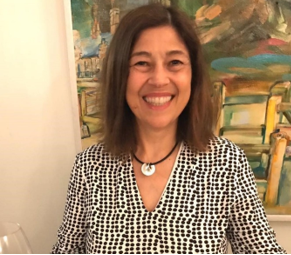
Mrs Angela Young
Fellow Commoner

Mrs Angela Young
Fellow Commoner
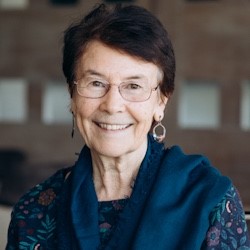
Mrs Jane Luzio
Fellow Commoner

Mrs Jane Luzio
Fellow Commoner
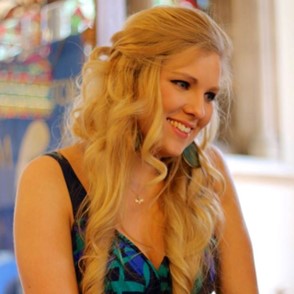
Mrs Lizzie Henderson
Research Associate

Mrs Lizzie Henderson
Research Associate

Ms Carey Robinson
Fellow

Ms Carey Robinson
Fellow
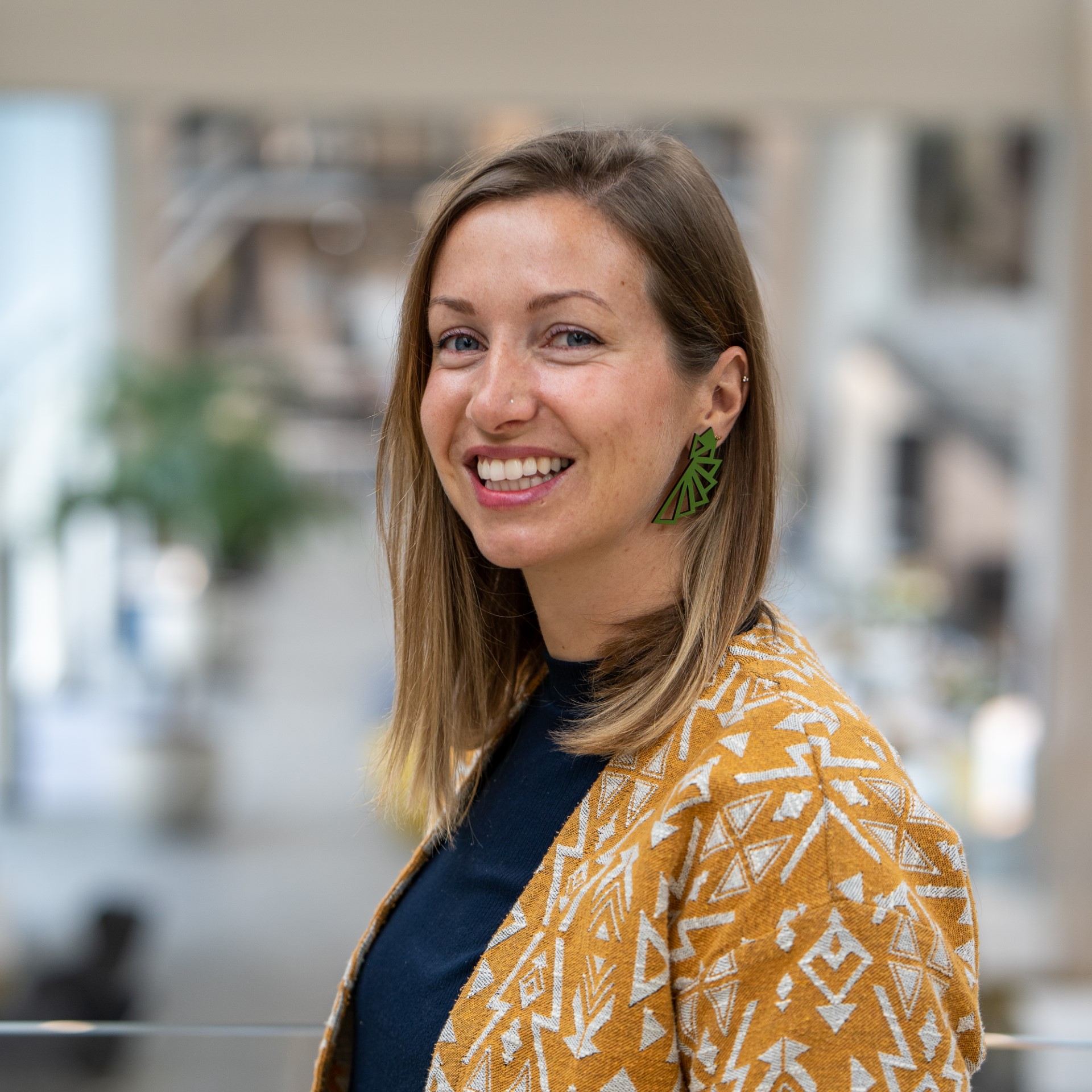
Ms Fran Baker Kurdi
Bye-Fellow

Ms Fran Baker Kurdi
Bye-Fellow
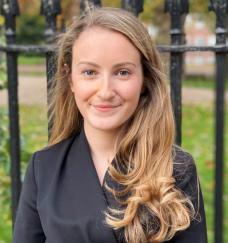
Ms Isabella Buono
Bye-Fellow

Ms Isabella Buono
Bye-Fellow
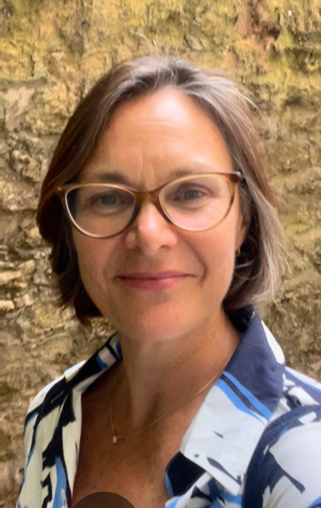
Ms Kate Wilson
Fellow

Ms Kate Wilson
Fellow
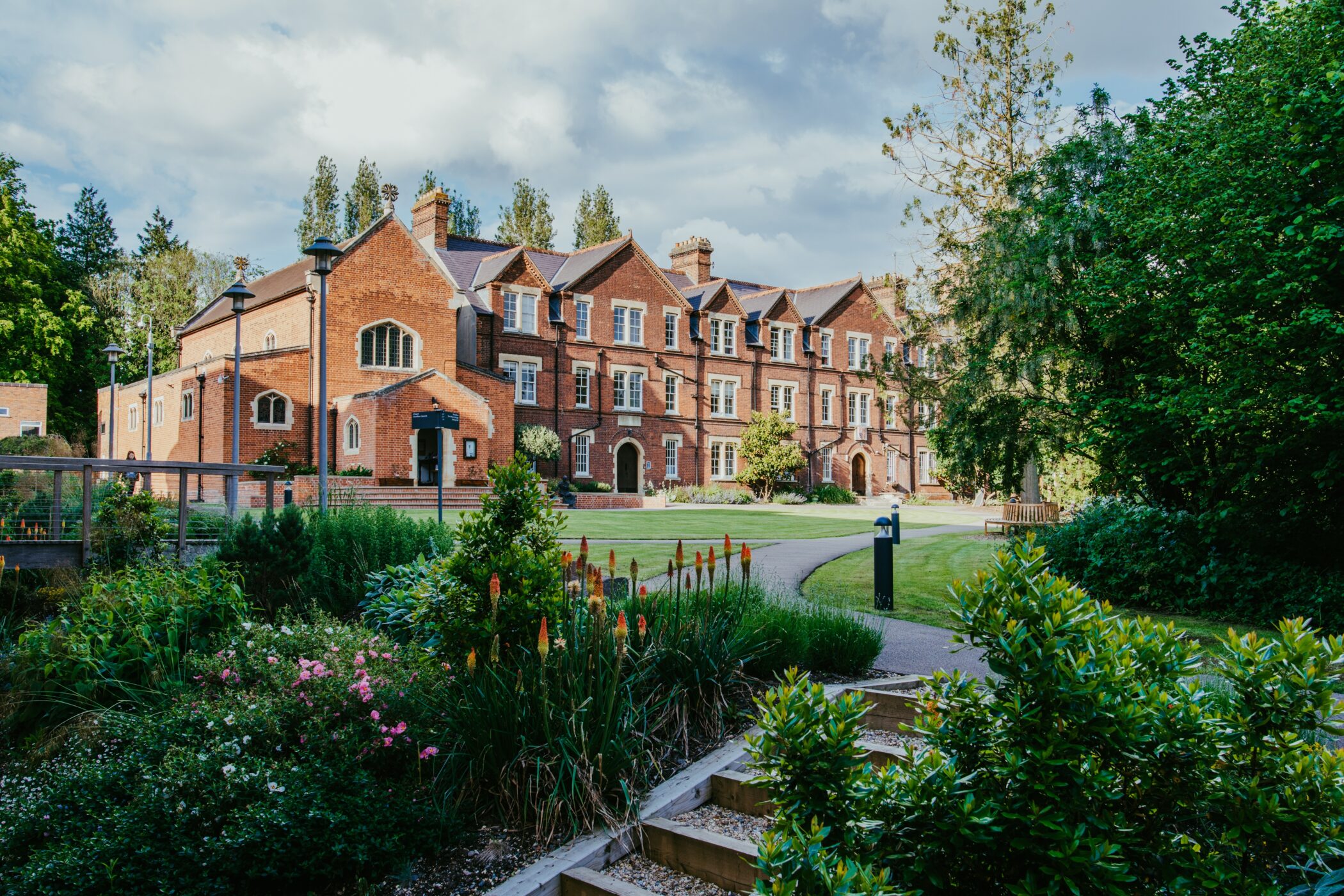
Ms Louisa Denby
Director of Studies

Ms Louisa Denby
Director of Studies
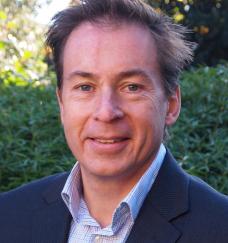
Nick Mansley
Fellow

Nick Mansley
Fellow
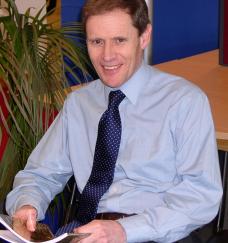
Patrick Mitton KSG
Fellow Commoner

Patrick Mitton KSG
Fellow Commoner

